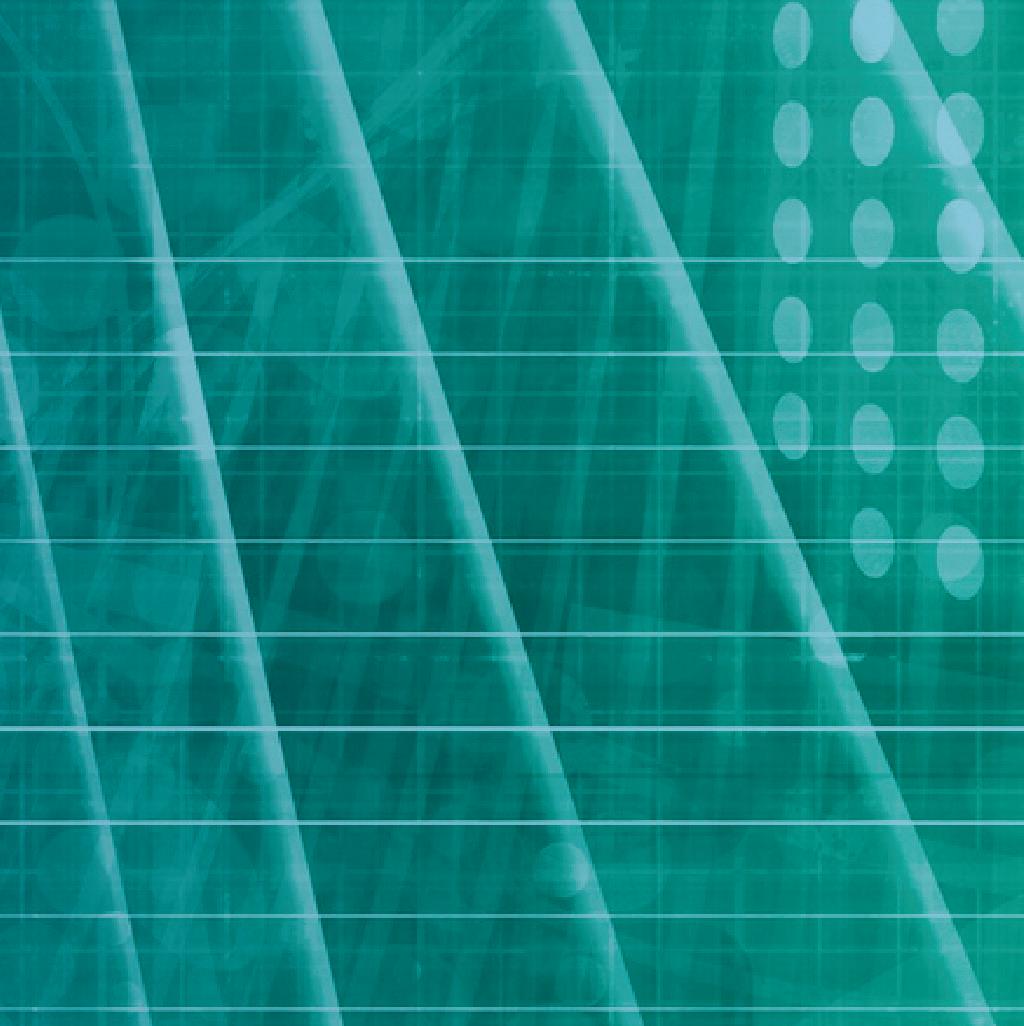
4 minute read
Quantitative biology & medicine






Objectives










• Be able to read literature from various disciplines. • Learn fundamentals of biology/medecine for students with physics-maths-computer science background. • Learn fundamentals of physics-maths-computer science for students with biology/medicine backgrounds. • Know fundamental concepts, methods, techniques of modern biology. • Know physical techniques to acquire data in biology (images, signals, measurements). • Know fundamental methods required to process data, signals, images in the life sciences framework. • Be able to model several classes of biological processes (physical approach, theory, simulation, etc.) in biochemistry, cell biology and biophysics, systems biology, neurons, development, tissues, organs. • Acquire an advanced knowledge of problems at the interface between hard sciences and biology and medicine (biological networks, mechanics and physical-chemistry for biology, mathematical models, computational medicine, etc.). • Mastering scientific oral and written communication for various audiences. • Know how to communicate, manage projects and work with researchers from other disciplines.
The understanding of living systems requires a variety of approaches from many disciplines, oft en in complementary ways. The aim of this Master is to establish a high-level teaching program, at the interface between Physics, Mathematics, Computer Science, Biology and Medicine. The course will take place over two years (M1 and M2). The second year (M2) will be divided into two tracks: track 1 will be oriented towards Biology and track 2 towards Medicine.The ambition of this master is to train students who can implement diff erent approaches (model experiments, theories, simulations, etc.) and techniques to solve transdisciplinary problems in academic research, R&D and biomedical fi elds.
Program
The general program is a strong common base in M1 with specializations in M2 according to one of the two chosen tracks 1: Physics, computation and modelling for biology 2: Computation and modelling for medicine
The second year will begin Sep. 2019. Teaching will be developed by leading experts in relevant fi elds.
First year (M1) : • Original upgrades so that students with backgrounds more orientated towards «biology and medicine» and others more focussed on «maths-physics-computer science» can follow the curriculum. Time will be reserved for tutoring that will carried out by the students themselves, from different backgrounds. • Common fundamental courses will follow the scheme: Biology: concepts and techniques / Data acquisition / Data processing / Introduction to modelling. Two-day lab workshops, to become familiar with experimental, digital, and imaging techniques in local platforms and research units. • Optional complementary courses will provide knowledge and skills in more specialized areas. • A project with two students from different backgrounds, working in pairs, at local institutes will be developed and presented in a local scientific workshop. • Seminars, workshops, summer schools, will be organized for the master’s progem. Some of these will also be associated with the «Modeling, Physics and Mathematics of Living
Matter» structuring program of the IDEX UCA JEDI.
Second year (M2) : • Fundamental courses • Add-on courses • Seminars, workshops • Project management • 6-month internship
Future careers
Graduates of this Master’s program will be comprehensively prepared to pursue a PhD in academic research at the interface between several disciplines. For example, future research activities can be conducted in French and international academic centers or EPST, or in medical research structures and biotech companies, as researchers or engineers. Examples of potential global companies include: Siemens Corporate Technology (USA), Siemens Healthineers Philips healthcare (FR), Zeiss, Leica, Olympus, L’Oreal. Examples of potential local companies: Galderma, Median techhnologies, Quantificare, Therapixel, Neurelec, Dassault Systèmes, etc.
Admission The Master is open to high-level bachelor degree graduates from one of the two fields: Physics / Mathematics / Computer Science or Life Sciences with a strong motivation to work at the interface between these two domains. We welcome applications from candidates of all nationalities. French language proficiency is not an admission criterion. Our students will be expected to meet the following criteria: - Fluent English speakers (internal test). - Full-time courses. Students should submit a CV, a motivation letter explaining their interest in trandisciplinary approaches to research in the life sciences and ability to follow courses in physics, mathematics and computer science. The admission will be selective, based on the student’s application files.
Tuition fees: 4000€*
*The tuition fee may vary according to your residence status, namely if you are a resident of an EU country or of a country outside the EU. In addition, financial aid (need-based or merit-based scholarships) will be available to students, and other sources of funding will also be available through each training course.
Partners
Structuring Program «Modelling, Physics, Mathematics for living matter». MICA imaging platform of the Côte d’Azur. Modelling, Simulations, Interactions Center (UCA) Medical Data Center (UCA)
Contacts Xavier Noblin, Florence Besse, Frédéric Cazals, Georges Left hériotis, Benjamin Mauroy, Pamela Moceri, Xavier Pennec, Jacques-Alexandre Sepulchre









